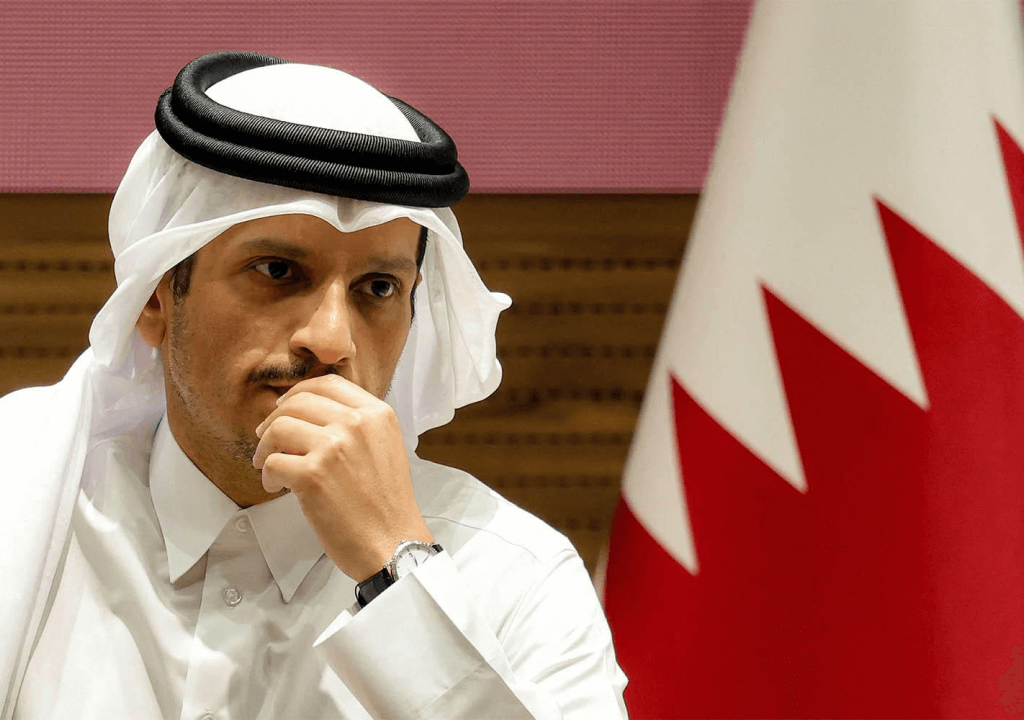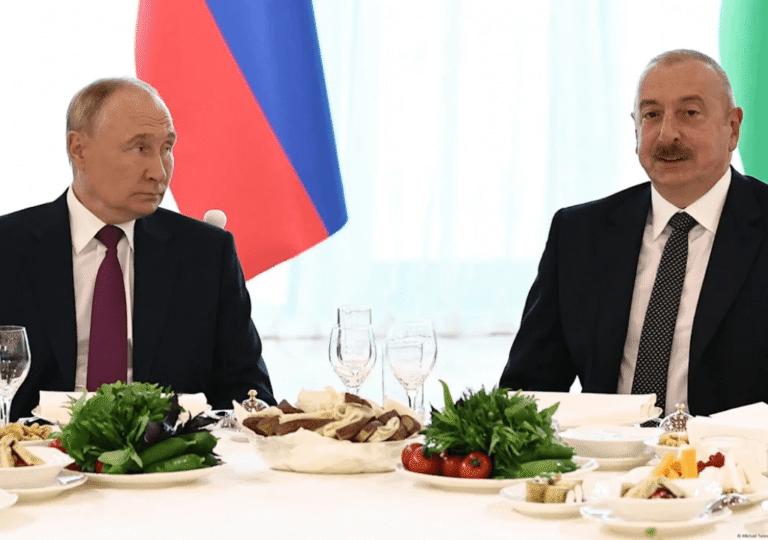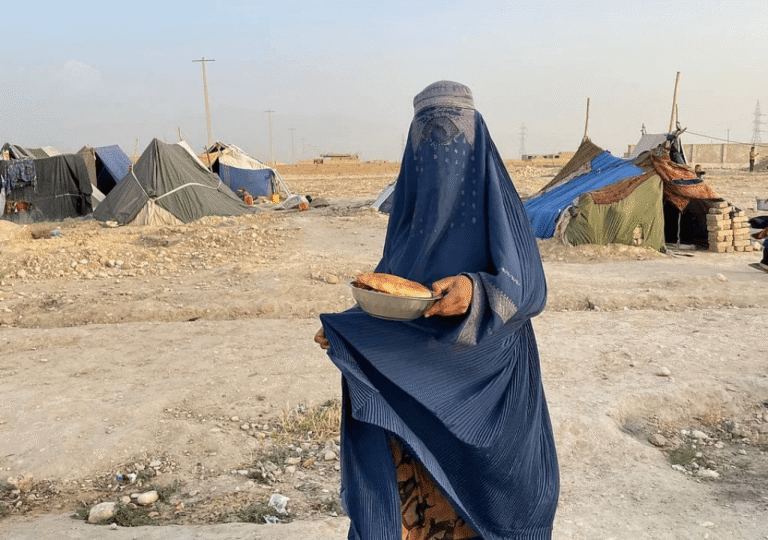In the Middle East, there are a lot of Islamic militant groups working in almost every country. To be free from the risk they offer, you need to be rich and an ally of the US. Qatar is one of them; it is rich and a US ally. But This Gulf country is more strict on Islamic laws, a demand of many militant groups in the region. They even follow Islamic way of labor practices that some critics liken to a form of slavery. Qatar’s fondness for Islamic rule has allowed various terrorist organizations to establish offices within its territory, including Hamas, the group that caused the ongoing war of Israel in Gaza. While most Western and Arab countries have shown little interest in supporting the Iran-backed militia, Qatar has often provided a haven for Hamas.
While Hamas conducted a brutal terrorist attack in Israel and captured many hostages, Many political analysts believed that Qatar could help Hamas negotiate with Israel with the lives of hostages. However, as Israel prioritized war over negotiations, Qatar’s role in brokering a resolution favoring Hamas has diminished. Qatar tried for over a year to save Hamas. And now, after a year, it looks like they are getting out from the side of Hamas. This shift, coupled with Qatar’s realization that its controversial support for Hamas, has threatened its international image, which it built through massive investments, including bribes for securing the World Cup.
Qatar has decided to step back from its mediation efforts and allow other parties to take over. The Qatari government informed the U.S., Israel, Hamas officials, and Egypt that it would no longer facilitate negotiations to halt the Gaza conflict, citing a lack of good faith among the parties involved. According to The Guardian, This decision followed a recent visit by a U.S. delegation, including CIA Director Bill Burns, for meetings in Doha that ended without progress.
Qatar concluded that both sides seemed more focused on political optics than on achieving genuine security solutions. This decision is a significant setback to mediation efforts, which had produced minimal results since a temporary ceasefire and limited hostage release deal nearly a year ago.
Many believe Qatar is engaging in a strategic power play to raise its regional profile and bolster its importance in the eyes of the United States. With upcoming president Donald Trump expected to strengthen ties with Saudi Arabia, Qatar seems uneasy with Saudi dominance in the region, despite the official reconciliation between the two countries.
Though Israel shows little interest in ending the war, Trump may eventually pursue negotiations, which could necessitate indirect talks with Hamas. Given Iran’s support for Hamas, it cannot serve as an impartial mediator, and it’s uncertain whether Turkey or Egypt would step into that role. In this context, Qatar could reemerge as the “Rescuer,” promoting itself as a responsible mediator. Al Jazeera, Qatar’s influential media outlet, could showcase Qatar’s efforts, reinforcing its image as a “Good Muslim Ally.”
With a new U.S. administration set to take office in a couple of months, Qatar has indicated to American contacts that it would be open to resuming mediation if both sides demonstrate genuine interest in reaching a deal. Qatar tried a similar approach months ago, though it fell short of producing any results. This marks the second time Qatar has publicly warned it will not support stalled talks indefinitely.
The Hamas office in Doha, established in 2012, has served as a critical communication channel for over a decade, including during last year’s negotiations for a Gaza ceasefire and the release of more than 100 hostages. However, the October 7th attack by Hamas has severely damaged its reputation, and Qatar has faced growing criticism from Israel and segments of the U.S. political establishment for hosting the group.
As a close U.S. ally that hosts a major American military base, Qatar has previously maintained a positive diplomatic relationship with Donald Trump during his first term. However, its perceived “double game” on terrorism and concerns over its human rights record have made Qatar increasingly unpopular among U.S. senators. Last Friday, a group of Republican senators urged Washington to seek the extradition of Hamas officials from Qatar and freeze their assets.
These criticisms, especially regarding an initiative that Qatar launched at the U.S.’s request, have caused friction in Doha and influenced Qatar’s decision to distance itself from Hamas and mediation efforts. U.S. officials have reportedly briefed American media that Washington requested the closure of the Hamas office, although the Biden administration has not yet commented publicly on the matter.
However, some Western and regional diplomats argue for keeping the Hamas office in Qatar, warning that pushing Hamas out would limit engagement with figures potentially open to compromise. Yet, Qatar’s continued support arguably empowers Hamas rather than encourages moderation. For Hamas, there is hope that Qatar might broker a deal with Israel, leveraging hostages, including women and children, to meet its demands. But Qatar has struggled to engage Israel effectively or include other mediators in negotiations, and it now appears uncertain about risking its international reputation for an organization closely tied to Iran.
Meanwhile, with many key Hamas leaders lost, Hamas itself may be reconsidering its reliance on Qatar and is reportedly more inclined to look to long-standing allies like Turkey, who could be more effective in brokering a truce. Qatar’s wealth may have helped to uplift them in football, but they failed in the game of geopolitics in the Middle East they craved to win.








